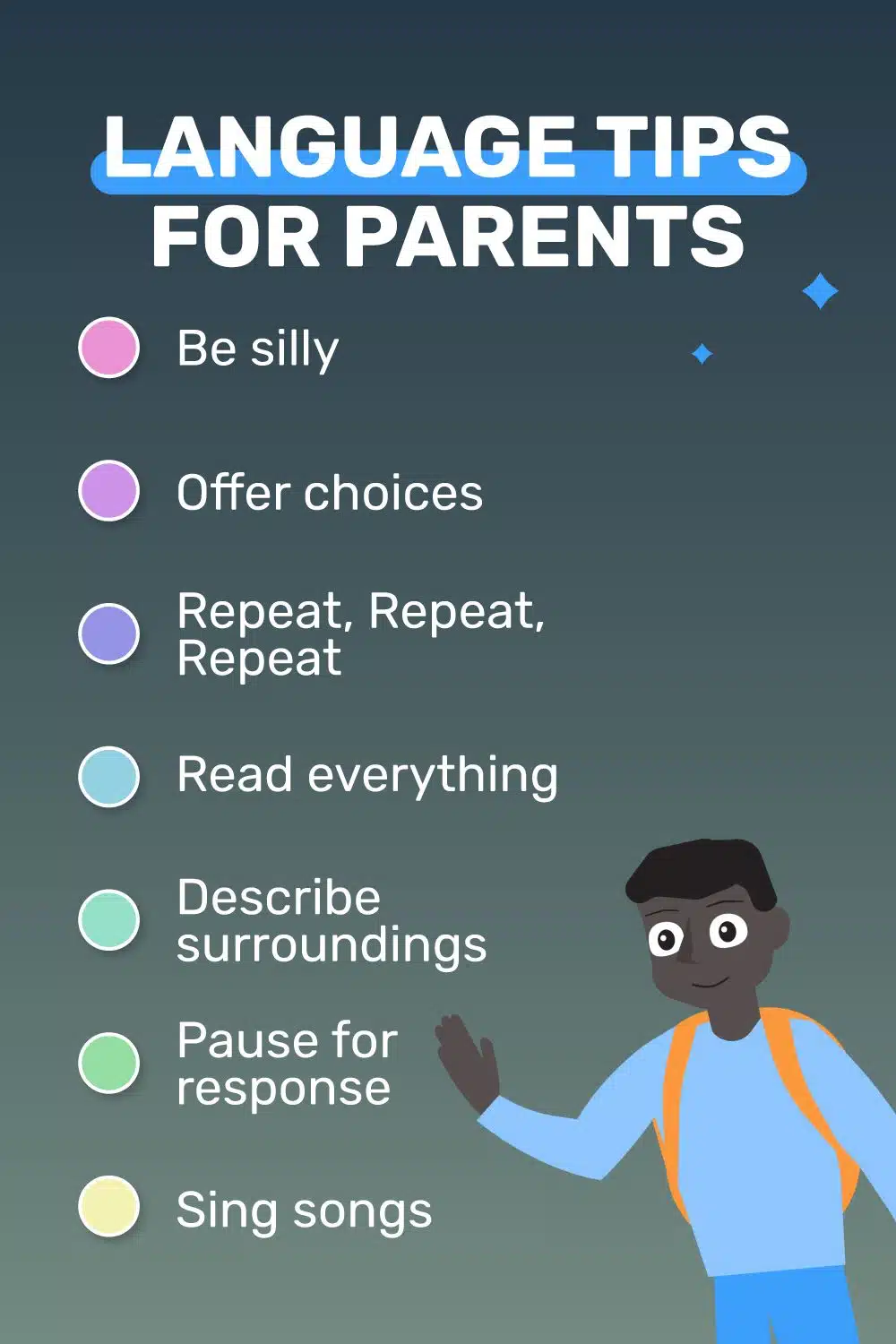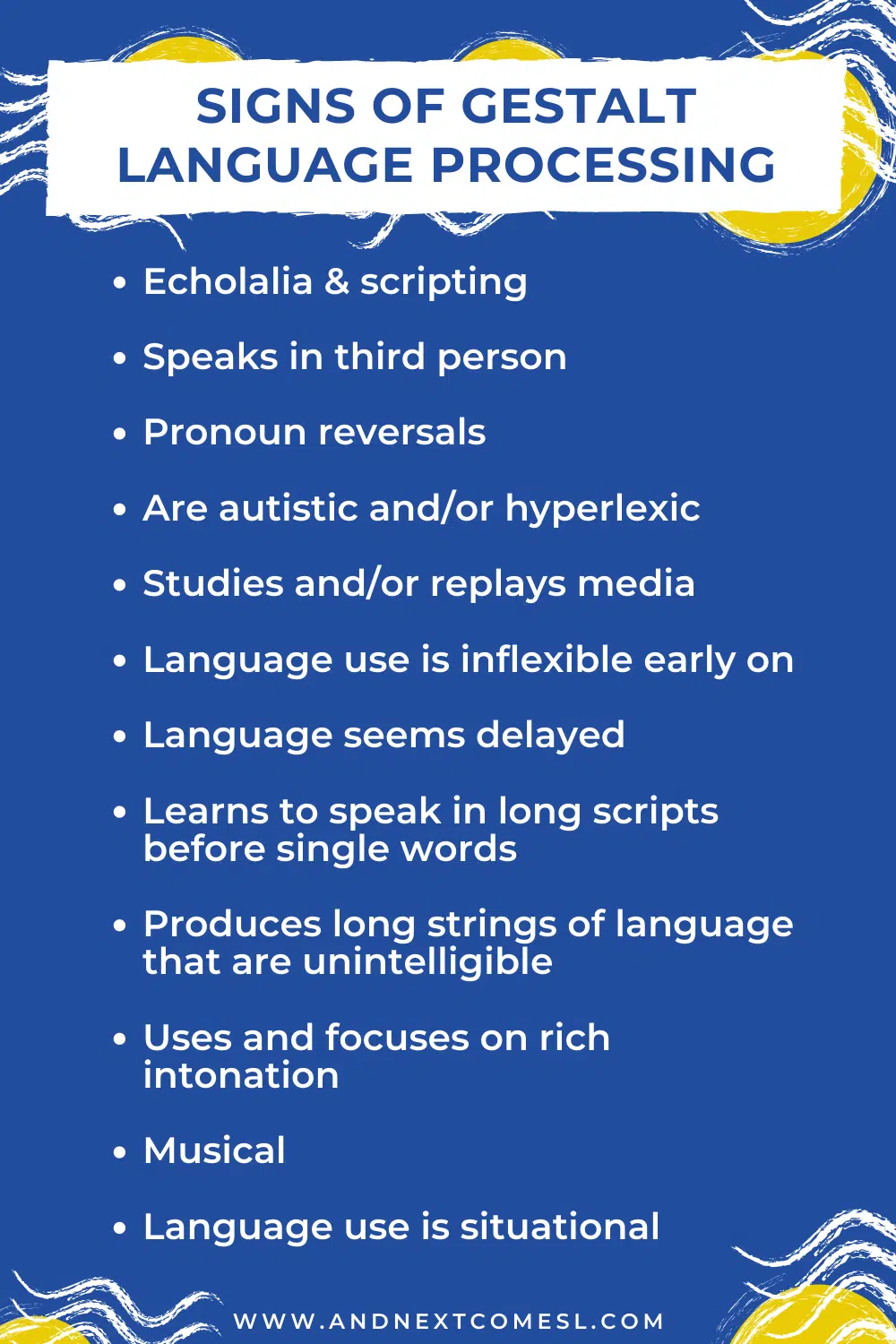Understanding the symptoms of Developmental Language Disorder (DLD) is essential for early identification and intervention. Here’s a concise overview:
- Limited Vocabulary: Children with DLD may have a smaller and less diverse vocabulary than their peers.
- Grammar Difficulties: They often struggle with grammar, making errors in sentence structure and tense.
- Comprehension Challenges: Difficulty in understanding and following verbal instructions or conversations.
- Articulation Issues: Pronunciation problems, leading to unclear speech.
- Social Isolation: DLD can hinder social interactions, making it challenging to connect with peers.
- Academic Struggles: These language difficulties can affect academic performance, particularly in reading and writing.
Recognizing these symptoms early and seeking professional assessment and intervention can significantly improve a child’s language development and overall quality of life.
This post was originally published on April 1, 2023. It was updated on Jan. 3, 2024.











